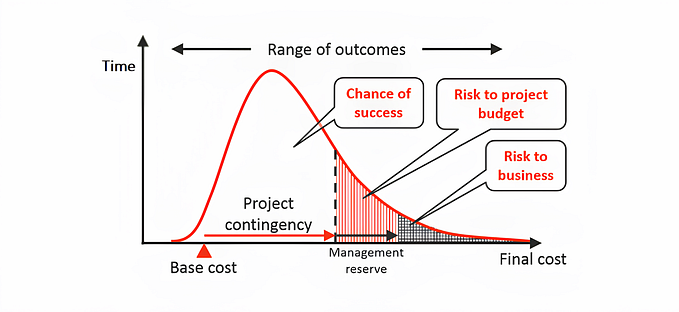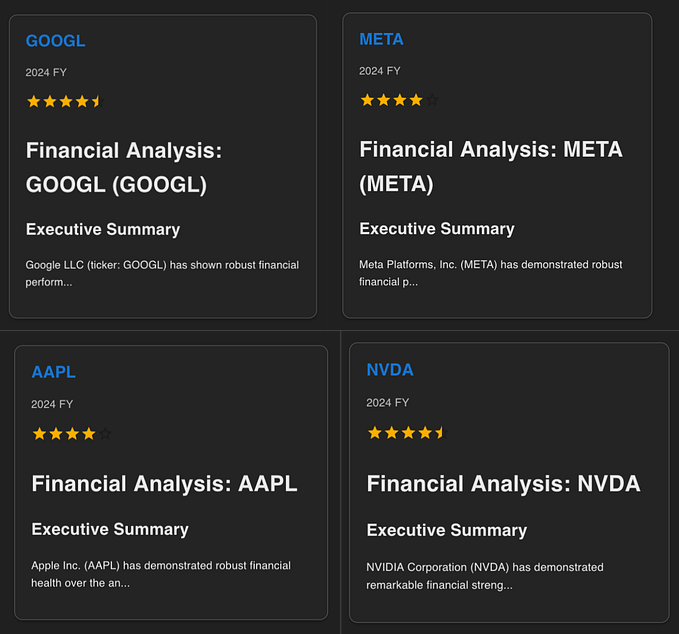Financial Wellness: Smart Strategies for a Secure Lifestyle

Financial wellness is where you have total control over your assets and finances and feel assured regarding your financial future. You can also easily meet all your financial needs, both current and future. It’s not just about having money in the bank.
Financial wellness is vital for overall well-being, including physical and mental health. Chronic financial stress can significantly impact your life, causing problems such as depression, anxiety, compromised quality of life, strained relationships, and physical health problems like headaches and high blood pressure. Achieving financial wellness gives you the following benefits:
● Increased confidence and self-esteem
● Improved decision-making
● Reduced stress and anxiety
● Freedom to pursue your goals and passions
In this article, we’ll discuss some strategies for financial wellness, including budgeting, saving, investing, debt management, building an emergency fund, and how to protect your finances.
Financial Wellness and How To Achieve It
To achieve financial wellness, it is vital to understand all its components.
Budgeting
First, you must plan for your expenses and income to ensure you distribute your income as needed and avoid overspending. Carefully assess your expenses and income. Where do your earnings come from, and how do you spend them? Set some financial goals for yourself. These goals will guide your budget allocation and distribution.
Next, choose a budgeting method. You can try out the envelope budgeting method, the 50/30/20 rule, or the zero-based budgeting method. Then, you should put your income into categories like essential expenses, debt repayment, savings, and discretionary spending. Remember to be flexible and adapt your current plan after analyzing your spending.
To maintain your budget, you should automate your finances, review your budget regularly, and be careful of impulsive spending.
Saving
You also need to consider saving to achieve financial wellness. Your savings will provide you with a safety net for the future. It also enables investment.
Choose the right sort of savings account according to your needs and preferences. Some significant types include high-yield savings accounts, money market accounts, certificates of deposit (CDs), and traditional savings accounts. You should also automate savings to ensure consistent savings, regardless of spending habits. You can use round-up apps, set up recurring transfers, or participate in employer-sponsored savings programs.
For practical goal setting, identify your short- and long-term savings goals, quantify them, set realistic deadlines for yourself, and track your progress. You can also adjust your goals as needed.
You can also maximize savings by spending moderately on various products like indoor door mats or outdoor door mats.
Investing
The next thing to consider for financial wellness is investment. You can put your savings to use to grow your wealth over time. It’s beneficial to you as it combats the impact of inflation on your finances, allows you to achieve your financial goals, generates passive income, and builds financial security.
There are many different investment options you can invest in. They include bonds, stocks, mutual funds, real estate, and exchange-traded funds (ETFs). Invest in the option that best suits your needs and your risk tolerance. You should diversify your investments to minimize risk. Spread out your investments across different sectors and asset classes. This will ensure a balanced portfolio.
You should choose investments based on the time horizon, risk tolerance, and individual goals. Also, seek professional advice to get a personalized investment plan.
Debt Management
For financial wellness, you need to manage your debts carefully. You can do this by borrowing responsibly, creating strategic repayment plans, and eliminating unnecessary debts. It ensures financial stability.
For paying off debts, consider the following strategies. You need to focus on paying off high-interest debt first. This will minimize interest accrual and streamline debt payoff. Alternatively, you can choose the snowball method to pay off your smallest debts first. You must choose between these two options based on your preferences and financial situation.
You should also allocate extra income towards your debts instead of spending it. This will help you pay off your debts faster. You can also contact your creditors to negotiate a lower interest rate on your debts. This is possible with a good payment track record and credit history. Moreover, consider consolidating multiple debts into a single loan with a lower interest rate to simplify the repayment process and save you some money.
Another critical thing you need to do for debt management is to eliminate unnecessary debts. For this, you must create a budget and follow it strictly. Learn to differentiate between your needs and wants, prioritize essential needs, and resist temptation. Contact a professional for financial advice if you’re struggling with creating a good plan.
Emergency Fund
Finally, you should create an emergency fund to protect yourself from unforeseen circumstances and unexpected expenses. This will prevent financial setbacks and stress. Emergency funds are beneficial as they offer you peace of mind, prevent financial hardship, and maintain financial stability.
It’s often difficult to judge how large your emergency fund should be. However, a general rule is that it should be enough to cover at least 3–6 months of living expenses. You should consider your average monthly payments, income, family size, and job security when determining the amount for your emergency fund.
You should keep the emergency fund in savings accounts like money market accounts or high-yield savings accounts. You should never use it for everyday expenses but save it for emergencies. Review it regularly and add to it as your circumstances change.
Other Important Tips
Apart from the guidelines above, you should establish a good credit history. This will significantly impact your access to insurance premiums, loans, credit cards, and rental agreements. This will help you negotiate lower interest rates on your debts as well.
To establish a good credit history, you must build responsible borrowing habits, pay debts on time, use credit regularly, monitor your credit reports carefully, diversify your credit risk, maintain low credit usage, and avoid closing unused accounts. You will need to start doing this as soon as possible to have a better long-term credit score.
Planning for the Future
For a secure lifestyle, you must also carefully plan your future. For this, consider the following strategies for safeguarding your financial future.
Protecting Yourself and Your Assets
The most vital step for this is to secure good insurance coverage. You will need health, life, property, and disability insurance.
Plan carefully for your long-term needs. You should consider allocating some of your savings for future long-term care expenses or engaging in long-term care insurance. You can also reverse mortgage your home for some extra income.
Finally, you should carefully review and update your estate plan regularly. This will ensure that the asset distribution is according to your wishes. Update your plan regularly according to changes in your life, such as marriage or the birth of a child.
By doing all this today, you will be at ease about your loved ones’ safety in the future. You will have achieved true financial wellness.
Conclusion
In conclusion, financial wellness is not just about gathering wealth; instead, it is fundamental for a peaceful and fulfilling life. Taking control of your finances through budgeting, saving, investing, and managing debt can create opportunities and minimize stress, letting you focus on what truly matters. If you haven’t already, start your journey today!
Create a simple budget, set sensible savings goals, and explore resources like budgeting apps or financial literacy courses. Remember, every step towards financial wellness brings you closer to attaining your long-term goals and building a secure future. Take action now and unlock the possibilities that financial well-being offers.








